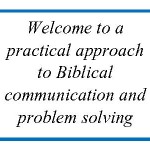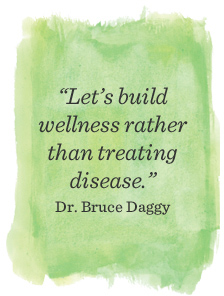Until I titled this week’s blog last week I had never made this connection. I’m interested in seeing where my research leads as I support this conclusion.
In her book The Compulsive Woman, Sandra Simpson LeSourd wrote: “My mind went back to a clinic lecture. If children are sexually molested, the “boundaries” of their bodies have been violated. It’s as though their right to say no has been stolen from them. Thus, they grow up confused, with certain protective limits erased, prone to erratic and compulsive behavior. Such people have a lifelong struggle with shame.”
As a bible-based counselor for over 35 years, I cannot think of a single incident where a counselee, male or female, introduced the issue of shame. Yes, the subject has been introduced but by me. Why?
Dr. Jay E. Adams holds dual-doctorates – one in theology – one in psychiatry. In “The Christian Counselor’s Manual” he traces this issue of shame back to the Garden of Eden: “Man began to run, to hide and avoid, and cover up. Men run when no man pursues.”
In Genesis 3:9-10 we read this brief episode in the garden between God and Adam: “And the Lord God called unto Adam, and said unto him, Where art thou?”
Many Bible scholars render this phrase: Adam, what is this that you have done?
Continuing in verse 10: “And he said, I heard thy voice in the garden, and I was afraid, because I was naked, and I hid myself.”
Although the word ‘shame’ is not mentioned in this verse, I think Adam’s response defines the word as stated in LeSourd’s concluding statement regarding the effects of shame.
“Shame, I learned, has to do with how we feel about ourselves, whereas guilt has to do with our behavior. We incur guilt when we violate some value we hold, but it has a constructive purpose in that It motivates us to make amends.
“Shame has no such constructive purpose, in that it turns us away from others amd strikes at blow at our very worth as persons.
“Shame isolates, alienates. It makes us feel we’re no good, that we are unworthy of respect.
“Because shame is almost impossible to communicate, and because a person suffering from shame tends not to talk about this problem – or perhaps be aware of it – they look for some other temporary relief from some other outlet.”
Procrastination, as stated before, is more – and far deeper sometimes – than just putting off until tomorrow what we should be doing today.
Sometimes plumbing this depth needs skillful counsel by properly trained Bible-based counselors.
Until next time, God bless.





















